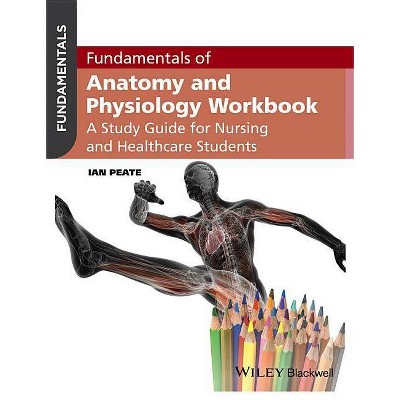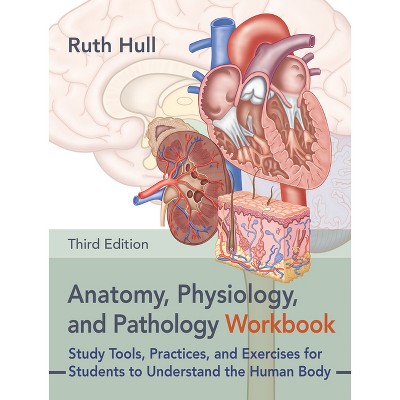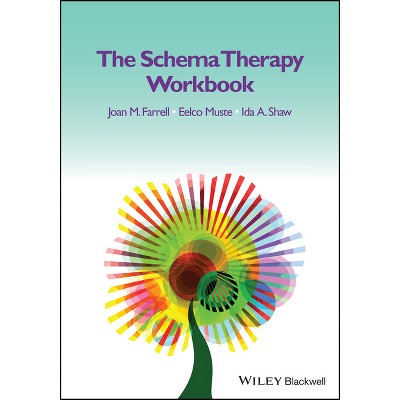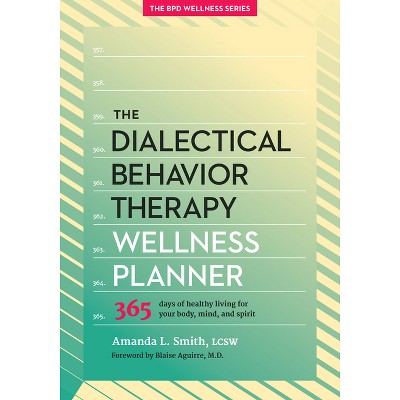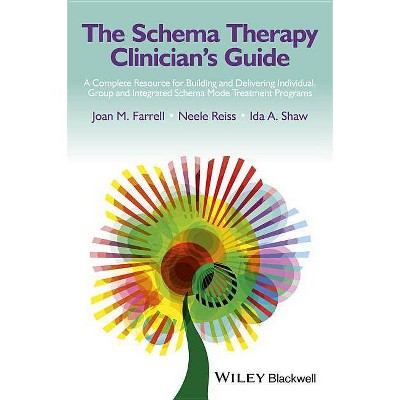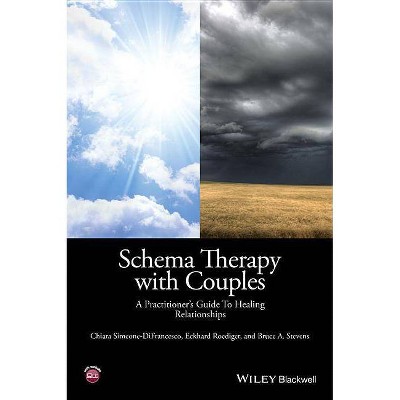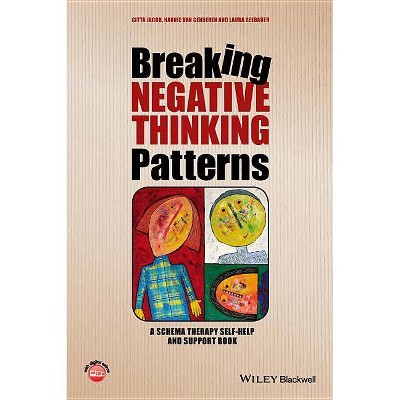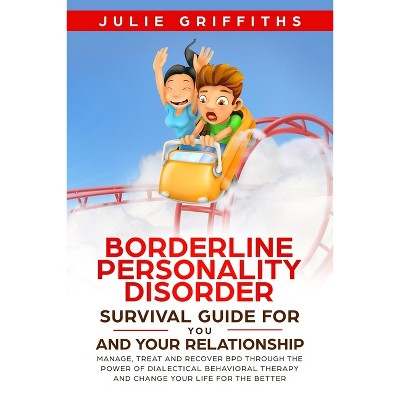Sponsored

Schema Therapy for Borderline Personality Disorder, Second Edition - 2nd Edition by Arnoud Arntz & Hannie Van Genderen (Paperback)
In Stock
Sponsored
About this item
Highlights
- This is the second edition of the book that sparked the current wave of interest in schema therapy.
- About the Author: Arnoud Arntz, PhD, is Professor of Clinical Psychology at the University of Amsterdam, the Netherlands.
- 288 Pages
- Psychology, Clinical Psychology
Description
About the Book
"Schema therapy is a relatively new integrative psychotherapy based on cognitive models and offers an effective treatment of borderline personality disorder (BPD). Several trials have now documented its effectiveness and cost-effectiveness compared to psychodynamic treatment and treatment as usual. Moreover, dropout from treatment is consistently low, indicating that schema therapy is well accepted by patients. This book offers a practical guide for therapists to conduct schema therapy with BPD patients. Building upon Jeffrey Young's schema mode model, Young's schema therapy, and insights from Beckian cognitive therapy and experiential methods, it offers a conceptual model of BPD, a treatment model, and a wealth of methods and techniques for treating BPD patients. The treatment not only addresses the DSM BPD criteria-related problems, but also the psychopathological personality features underlying the symptoms, like attachment problems, punitive conscience, inadequately processed childhood traumas and so on. Research has demonstrated that patients improve in all these aspects, including on the level of automatic information processing"--Book Synopsis
This is the second edition of the book that sparked the current wave of interest in schema therapy. Although schema therapy was originally developed by Jeff Young in the USA, it was not until unprecedented outcome data was published from pioneering Dutch clinical trials with BPD patients that the clinical CBT community took serious notice. Schema therapy has now become one of the most popular forms of contemporary CBT. It has parallels to the 'third wave' of contextual behavioural science in that it develops traditional CBT in new directions, but while contextual behavioural science priorities behavioural techniques based on acceptance and mindfulness, schema therapy is more cognitive and draws on elements of experiential learning, object relations and psychodynamic therapy in addition to traditional CBT. The first edition of this book has sold more than 3,000 copies at a steady rate of around 500 units per year since 2009.
From the Back Cover
Provides clear guidance on utilizing Schema Therapy to reduce BPD symptoms and bring about lasting changes in the patient's personality
People with Borderline Personality Disorder (BPD) struggle with a range of problems that negatively impact virtually every aspect of their lives, such as constantly changing moods, blurred personal identities, impulsive behaviors, interpersonal problems, and episodes of rage. BPD patients are at high risk of self-harm and substance abuse, with approximately 10% of BPD patients dying from suicide. BPD severely affects the education, employment, personal relationships, and physical and emotional wellbeing of those suffering from the disorder. Schema Therapy (ST), based on cognitive behavioral therapy and techniques derived from experiential therapies, has been shown to achieve substantial personality improvements in BPD patients.
Shema Therapy for Borderline Personality Disorder describes the pioneering BPD therapy based on insights from cognitive, behavioral, psychodynamic, humanistic, and developmental theories. Schema Therapy emphasizes the emotional processing of traumatic experiences and the use of the therapeutic relationship to bring about positive change. The text describes ST treatment for BPD in detail, covering the aims and phases of the therapy, treatment planning, cognitive and behavioral methods, specific techniques appropriate to each schema mode, behavioral pattern-breaking, termination of therapy, and more. This authoritative volume:
- Describes a treatment for patients with Borderline Personality Disorder (BPD) that yields substantial clinical improvement or recovery in most cases
- Explains the schema mode model of BPD that helps both patients and therapist understand the problems experienced by BPD patients, and that is central in ST for BPD.
- Explains Schema Therapy (ST) for BPD based on the schema mode model, discussing different treatment methods and techniques geared to specific schema modes
- Covers the latest developments in the field of ST, such as Group Schema Therapy and the application of ST for couples.
- Includes handouts to give to patients, including a biographical diary, forms for homework assignments and problem solving, and a positive self-statement log
Schema Therapy for Borderline Personality Disorder is essential reading for clinical psychologists, psychotherapists, psychopathologists, psychiatrists, mental health practitioners, and advanced undergraduate and graduate students in relevant fields.
About the Author
Arnoud Arntz, PhD, is Professor of Clinical Psychology at the University of Amsterdam, the Netherlands. His research and clinical activities are directed at personality disorders and trauma-related mental health problems. He is well-known for his test of Schema Therapy as a treatment for Borderline and other Personality Disorders, and for his contributions to the development of the theory and the application of Schema Therapy.
Hannie van Genderen, MSc, is psychotherapist/clinical psychologist and supervisor and trainer in Schema Therapy. She was involved with the introduction of Schema Therapy for personality disorders in the Netherlands from the very beginning in 1996. She was involved with the foundation of the International Society of Schema Therapy and was member of the board as coordinator for Training and Certification from 2010-2012. From 2012-2016 she was chair of the Dutch Schema Therapy Association. Since 1990 she was involved as a senior consultant and clinical psychologist in the treatment and research of personality disorders in general and borderline personality disorder (BPS) in particular. In 2000 she became director of a Schema Therapy Institute, where so far about 4000 schema therapists were trained.

